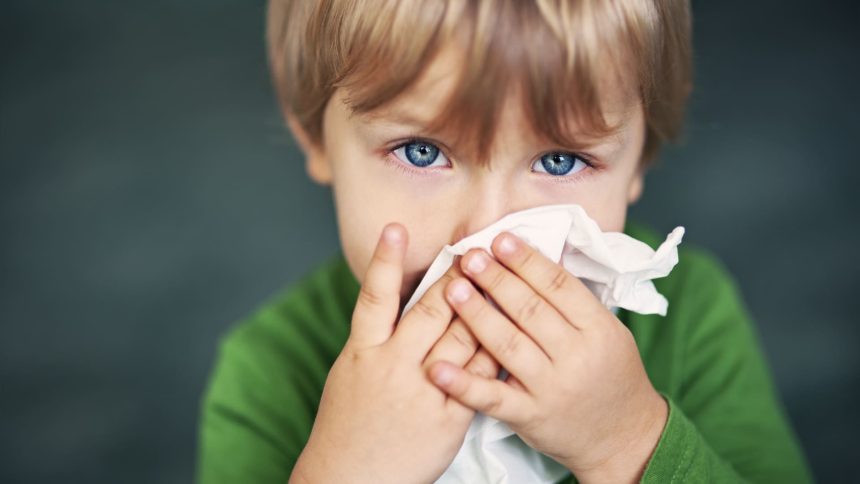Like every parent, I know how hard it is to care for a sick kid. It involves a heady mix of emotions: fear, love, confusion, concern and sadness.
And when your child is ill, the last thing you need is to be overwhelmed by conflicting information or unsolicited advice. You just want them to get better.
As a Harvard-trained complex-care pediatrician and mom of two kids, here are five things I never do when my own kids are sick:
1. If they have a fever but are sleeping, I never wake them up for medication.
Sleep is important for healing, recovery and growth, and it can be hard to come by when your child has a cough or congestion that keeps them awake.
While it can be scary when your child has a fever, if they are comfortable and resting, it isn’t an emergency that requires medication right this minute.
By allowing them to rest, it’s possible that their immune system will be better equipped to do its job and help fight off viruses.
2. I never hesitate to give fever controlling medication if they look uncomfortable.
If your kid has a fever and they’re breathing faster or harder, drinking less fluids, or are having trouble resting, I would not hesitate to give widely-used, safe and effective medicine like acetaminophen and ibuprofen to promote comfort.
But if you find you are giving these medicines three or four times a day, for more than three days, it’s probably time to see the doctor.
3. I never focus on temperature over their appearance.
Thermometers are not the most precise instruments. I’ve taken many panicked phone calls from parents who see a high number like a 105.
But look at your child before you panic.
If they are feeling like themselves, are breathing normally and are well-hydrated, it’s probably not an emergency. However, if they look very sick and your thermometer says there is no fever, they may still need medical attention.
4. I never use anything but honey to help a cough.
Cough medications like codeine or dextromethorphan can do more harm than good, and the American Academy of Pediatrics recommends against them.
Cough syrups with many medications in one product can increase the risk of a medication error. For example, if you gave a kid Tylenol, and then their cough medicine also had acetaminophen as a key ingredient, it could lead to an overdose.
Adding extra ingredients such as melatonin or elderberry does not always make sense, and is not shown to be more effective than simpler cough syrups.
For kids older than one year, I exclusively use honey or cough syrup with honey as the main ingredient. These have been shown to work just as well as other medications, but with fewer risks.
5. I never measure medicine in teaspoons.
Nearly 700,000 kids deal with medication errors every year. Young kids are at the highest risk since they often have multiple caregivers who may not check in about who gave them what and when, despite their best efforts.
There is also the complexity of using liquid medicines. Children’s doses vary by age and weight. Teaspoons are different sizes, and teaspoons and tablespoons get mixed up, too.
For safety, I always give dosing information in milliliters to enhance precision and prevent errors.
Kelly Fradin, MD is a pediatrician, mother of two and author of “Advanced Parenting: Advice for Helping Kids Through Diagnoses, Differences, and Mental Health Challenges.” She shares advice for parents on Instagram and her Substack newsletter.
Don’t miss:
Want to be smarter and more successful with your money, work & life? Sign up for our new newsletter here
Get CNBC’s free Warren Buffett Guide to Investing, which distills the billionaire’s No. 1 best piece of advice for regular investors, do’s and don’ts, and three key investing principles into a clear and simple guidebook.
Read the full article here




